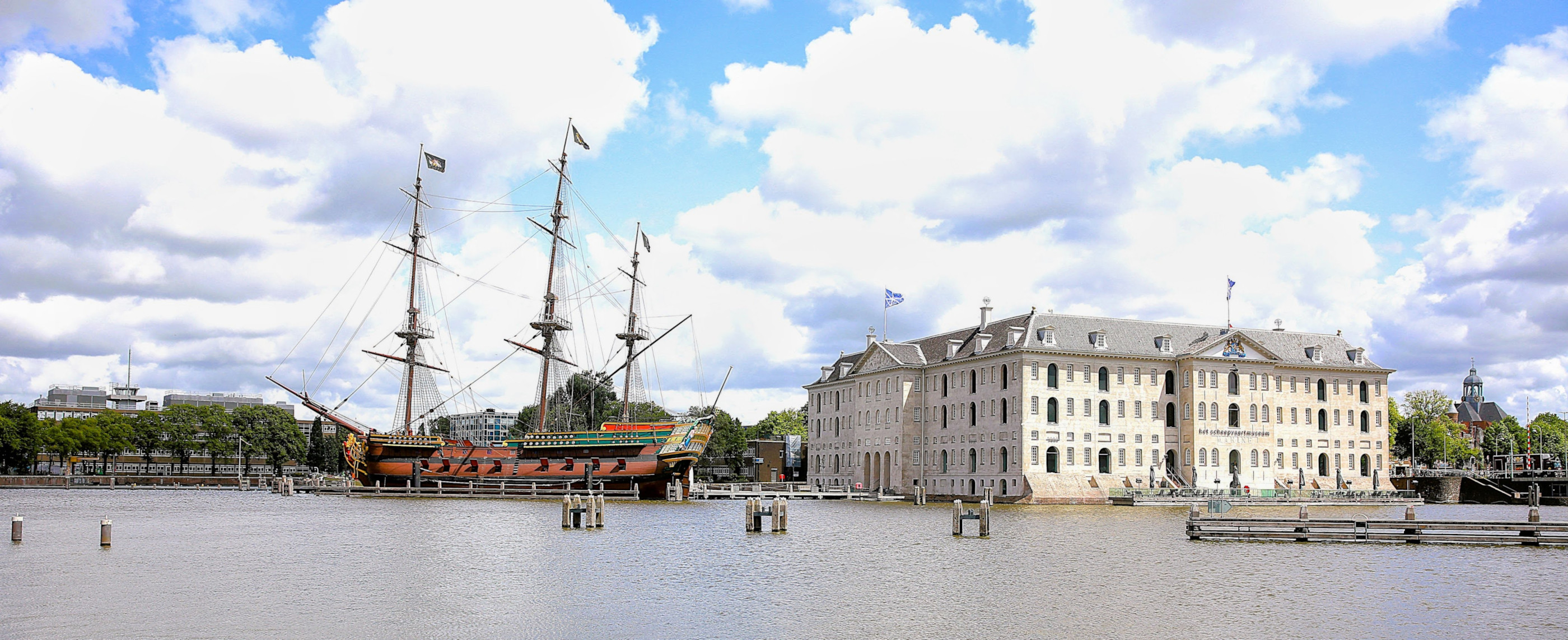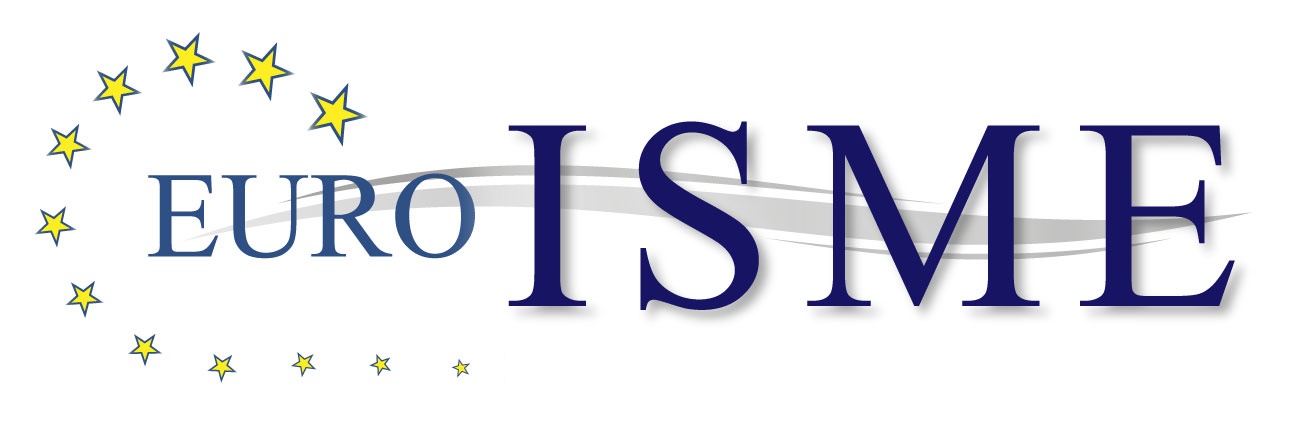Annual Conference 2026: Ethical Challenges to Civil Military Relations in Europe
Advance Announcement & Save the date
Venue: Convention centre of the Royal Netherlands Navy in Amsterdam
Date: 11-13 May 2026Further details on how to make a submission will follow in the Autumn, while details on conference fees and how to register will follow early in 2026.

Ethical Challenges to Civil Military Relations in Europe
European security faces multiple challenges. These challenges include political, technological and economic threats, in addition to the threats posed by the risk of armed or hybrid conflicts. For example:
- In response to terrorist threats, armed military personnel now frequently patrol urban areas in many countries. This phenomenon would have been most unusual even a few decades ago.
- With the Russian invasion of Ukraine in combination came increased cyber and sabotage attacks resulting in major shifts in Europe’s awareness of its own security;
- A considerable increase in information warfare, fake news and a large-scale manipulation of public opinion in favour of unrest, undemocratic movements and right-wing nationalism;
- Lockdowns and other measures imposed by many governments during the Covid-19 pandemics revealed the extent to which governments could limit the liberties of citizens.
Many European states recognise these points and seek to protect human and national security in Europe with a holistic approach. However, this will severely test not only the relationship between government, military and civilian society, but also the ethical principles underpinning their respective roles in the protection of peace with or without the use of force. In turn, this will require governments and armed forces to reflect on and agree the ethical principles that should guide their decisions and actions on wider security and defence issues without the risk of undermining the very values they wish to protect.
There are already debates on such contentious subjects as the reintroduction or enhancement of conscription/national service, arms sales and procurement, and the rapid development of military related technology, such as autonomous weapons and also the role civilian universities should play in relating their activities to national and European defence. These (and other) debates reflect the major unease many Europeans feel. The ReArm Europe Plan/ Readiness 2030 plan presented by the European Commission in the spring of 2025, also reflects this upheaval. However, the words ‘ethics’ or ‘military ethics’ are not used once in the said plan; the same is true of the recently released UK Strategic Defence Review.
Traditionally separate political, military and societal ethical concerns become less easily separable when Europe’s declared normative foundations and the security communities (NATO, EU and their wider partnerships) built on them are being questioned or even threatened from the inside and out.
Furthermore, the complexity of current threats to European security means that recourse to a military solution may not be the only or preferred solution. And last but not least the roles of the military and civilian agencies as well as government and civilian society not only overlap in new ways but also are likely to face competing demands that upset some of the established arrangements of civil-military co-operation in crises.
The proposed conference theme therefore invites participants to explore critically how far models of CMR and their links to ethics of war and peace might assist both scholars and practitioners in developing nuanced and critically reflected and effective answers to these complex questions.
Submissions might critically reflect on and develop solutions for the following themes:
- A systematic understanding of the historical context, constitutional frameworks and ethical principles guiding the relationship between government, the military and civilian society. This might be done with reference to
-
- The need to develop a truly European CMR theory;
- The principles which should underpin the relationships between governments and the military and the military and wider society in Europe;
- translating the resulting nuanced understanding into PME and CMR and ethics of war and peace;
- informing the debates on ethical frameworks bounding the rights and duties of citizens towards the polity (at all levels from the community up to the state).
- Addressing the lack of research on the influence of technologies such as AI on CMR, e.g. decision-making in defence management and arms procurement
- Critical reflection on the relative absence of research within European contexts;
- Here the perspectives of practitioners can add valuable insights and inspiration for conceptual thinking;
- How might such reflection be included into PME?
- The potential for democratic renewal in developing approaches to contemporary security challenges through bottom-up civilian engagement and top-down organised service
- Who can, might or should serve where and why?
- The risks of small and increasingly professional militaries becoming detached from wider civilian society. Is conscription, reserve service, or a ‘citizen army’ the best solution? Does Europe need a ‘fellow citizen in uniform’ (as is the case with the German and the Dutch) or a military at some distance to civil society (as is the case with the French)?
- What role might the far right play in these processes? It is a relevant, anti-democratic political actor in many European countries. There are international connections both above and under-ground. Its perspective on the role and ethos of armed forces is not necessarily compatible with that currently prevailing in liberal democracies of Europe and Canada.
- Addressing the CMR effects of the ReArm Europe/Readiness 2030 plan of the European Commission
- What are the implications for the ethics education of European officers and soldiers?
- With over 25 European nations involved, what are the implications for the drafting of moral values and principles – not to mention their actual application?
- Traditionally, CMR has been understood as the relation between the military and the national society from which it is extracted, but the further Europe moves to an integrated European military force, how should one interpret CMR at the European level? Could and should there be such a thing, at least in the future, as a CMR between the European Commission, the European militaries and the civil societies it serves?
In the broader context of CMR:
The relationship of the military to the wider natural environment, including the incipient tension between effectiveness and potential environmental damage.
The relationship between deployed military forces and humanitarian agencies in conflict areas.
In an increasingly polarised political climate in many European countries, the challenges for the military in maintaining political neutrality.
Submissions on any other aspect of CMR, or different national perspectives, will be also welcome.
Further details on how to make a submission will follow in the Autumn, while details on conference fees and how to register will follow early in 2026.


